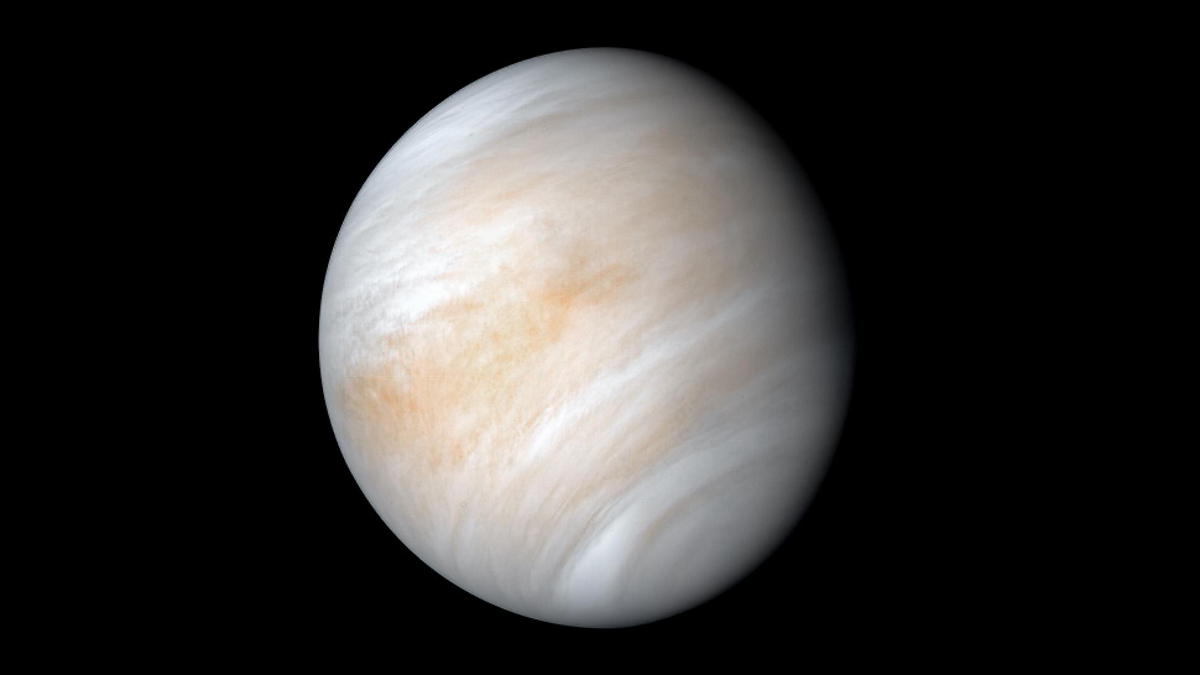
His team’s new paper, still in pre-print form and requiring the scrutiny of peer reviewers, takes exception to the claim, concluding there’s “no statistical evidence†for phosphine on Venus.
The Greaves paper, published to Nature Astronomy, used data gathered by the Atacama Large Millimeter/submillimeter Array (ALMA) based in northern Chile.
Snellen and his colleagues took a look at the same data, which was given to them by the original research team (the authors actually thank the Greaves team in the acknowledgements section, because scientists are respectful that way).
Writing in their study, Snellen and his co-authors said the procedure used by the Greaves team to study the spectral data was “incorrect,†resulting in a “spurious†high signal-to-noise ratio.
Here, the Greaves team claimed to be in possession of far more good data than bad (i.e. a high signal-to-noise ratio), a claim the Snellen team disagrees with.
What’s more, their analysis “shows that at least a handful of spurious features can be obtained with their method,†leaving them with no choice but to conclude that the Greaves study “does not provide a solid basis to infer the presence of [phosphine] in the Venus atmosphere.â€.
